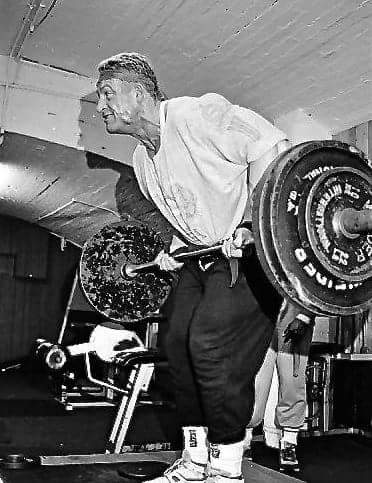2주간 운동을 쉬었을때
1. 근력/지구력등 운동 수행능력이 25~30% 감소
2. 근육량, 골밀도, 유연성, 혈류량과 속도, 에너지 생산능력 감소
3. 근육에 저장하는 탄수화물(글리코겐)양이 줄어들고 근위축증 발생
4. 웨이트 능력보다 유산소 능력과 지구력이 더 빠른 속도로 감소
5. 강도 높은 운동에 기준이 최대 산소섭취량 감소
6. 8개월정도 운동을 안하면 완전 초기화 상태로 된다.
7. 뇌에 기능이나 피로를 이겨내는 능력도 떨어진다.

아래는 야휴헬스에 올라온 원문입니다.
https://www.yahoo.com/health/this-is-your-body-on-1294376205238326.html
If your high school coach ever scared you into believing that too many off days would be the demise of your training, he may have been on to something. In fact, most experts agree that after two weeks, you’re in trouble if you don’t get back in the gym.
“At the two week point without exercising, there are a multitude of physiological markers that naturally reveal a reduction of fitness level,” says Scott Weiss, C.S.C.S, a New York-based exercise physiologist and trainer who works with elite athletes.
After all, despite all of its abilities, the human body (even the fit human body) is a very sensitive system—and physiological changes (muscle strength or a greater aerobic base) that come about through training will simply disappear if your training load dwindles, he notes. Since the demand of training isn’t present, your body has nothing to adapt to—and simply slinks back toward baseline.
Of course, how much and how quickly you’ll decondition depends on a slew of factors like how fit you are, your age, and how long sweating has been a habit. It’s worth it to get back on the wagon, too: “Two to eight months of not exercising at all will reduce your fitness level to as if you never exercised before,” Weiss notes.
Don’t let it get to that point. Understanding what’s going on beneath the skin after about 14 days of rest overload will be immediate motivation to get moving again.
1. The Visible Signs of 2 Weeks Off
Many signs of deconditioning are not always physically visible to the naked eye—but you should expect a loss of muscle mass and size and the accumulation of body fat, says Tom Holland, C.S.C.S., an exercise physiologist. If you don’t make any changes to your diet, you could gain a few pounds in this timeframe, adds Pete McCall, an expert exercise physiologist at the American Council on Exercise.
You might notice your performance slip, too: “Speed, endurance, and strength can decrease by 25 to 30 percent within two to three weeks,” says Weiss.
2. Your Muscles…
Bummer: A sizable decrease in muscle mass, capillary size, and density; bone density; flexibility; and overall blood flow and energy production are all side effects of becoming a couch potato, says Weiss.
And while your body will hang onto strength gains longer than aerobic gains, throwing in the proverbial exercise towel will gradually lead to a loss of lean muscle mass, muscular strength, endurance, and neuromuscular training adaptations, explains Holland. Read: Beyond size and strength, your muscles simply won’t fire the same way they used to because of underuse.
What’s happening? As muscle fibers realize they don’t need to store energy, they will store less glycogen—which leads to something called atrophy (or the shrinking of muscle fibers), explains McCall. When muscle fibers shrink, they need more stimuli to contract, he explains. So you’ll have to work harder to see results.
3. Your Aerobic System
“Aerobic and endurance fitness reduce a lot faster than muscle mass—it’s the performance factor that is reduced the fastest,” says Weiss. Physiologically, the changes are stark, too. Weiss says: Stroke volume (the amount of blood pumped out of the heart to the body) reduces, the size of mitochondria (the power plants within a cell, linked to fitness health) reduce by almost 50 percent, heart rate increases, cardiac output reduces, and your VO2 max—or the maximum volume of oxygen an athlete can use (a gold standard of physical fitness) decreases about one percent a day.
Another setback: Your lactate threshold—or how hard and long you can work out until your muscles tell you to stop—begins to drop, says Holland. (This stinks because working out at or close to your lactate threshold is a great way to build fitness; if yours is low you won’t last very long, and thus you’ll reap fewer benefits from a gym session.) “You begin to lose endurance capability as well as the ability to perform at higher intensities,” adds Holland.
4. Your Brain
Since exercise helps pump oxygen to the brain—one reason why you may feel sharp after a workout—you may feel a little cloudy or not as ‘on’ after weeks removed from your workout regime, notes McCall.









